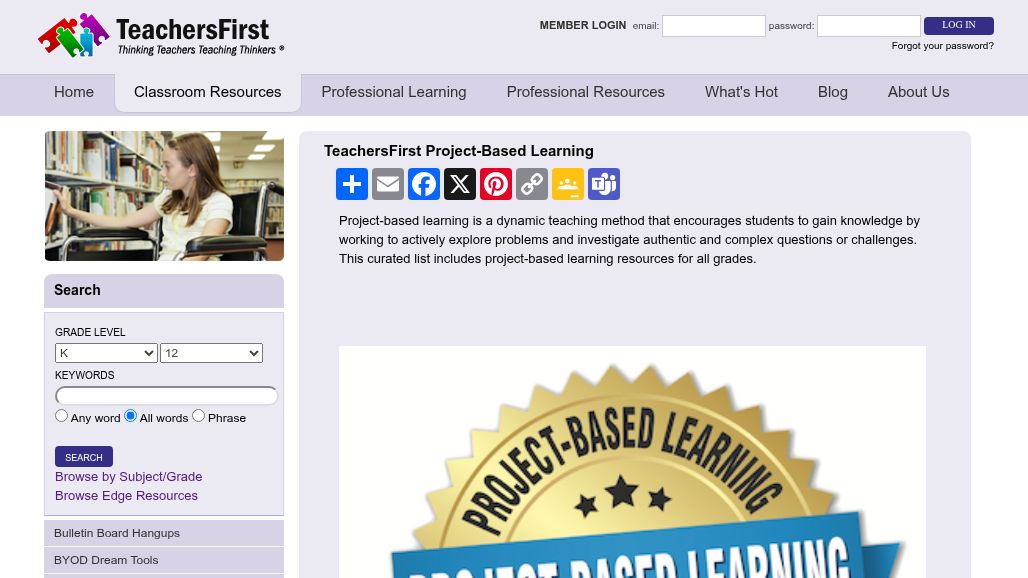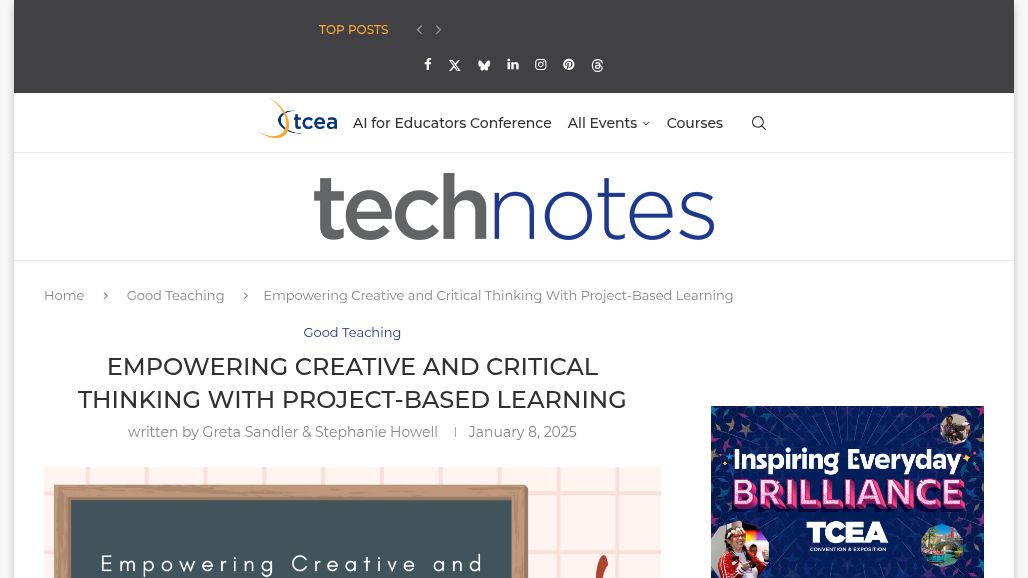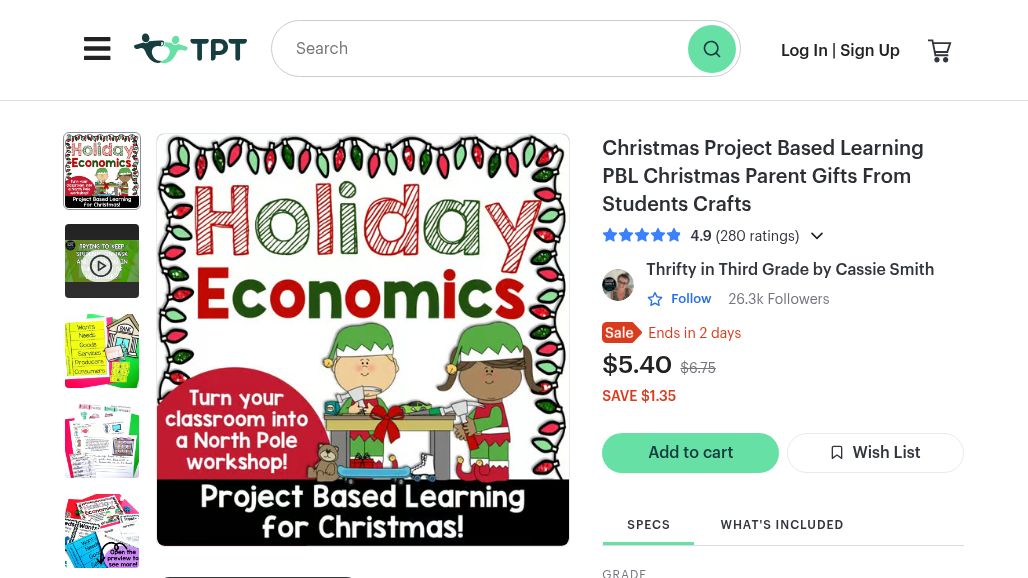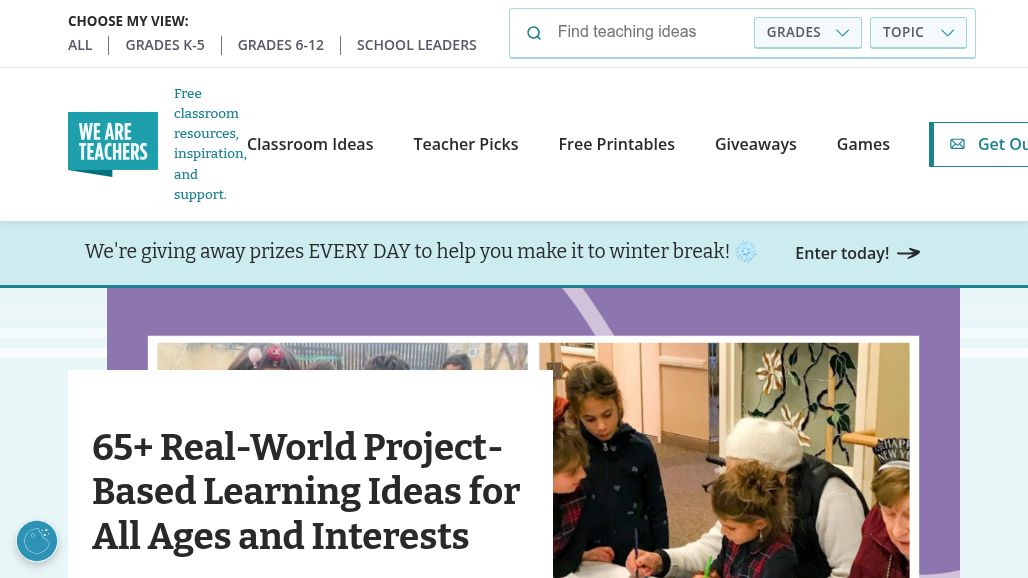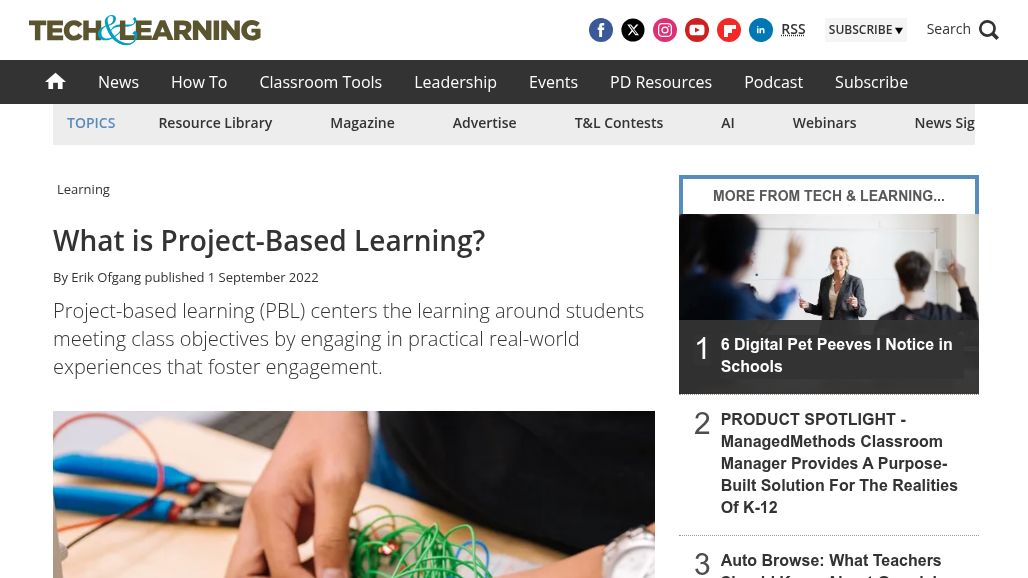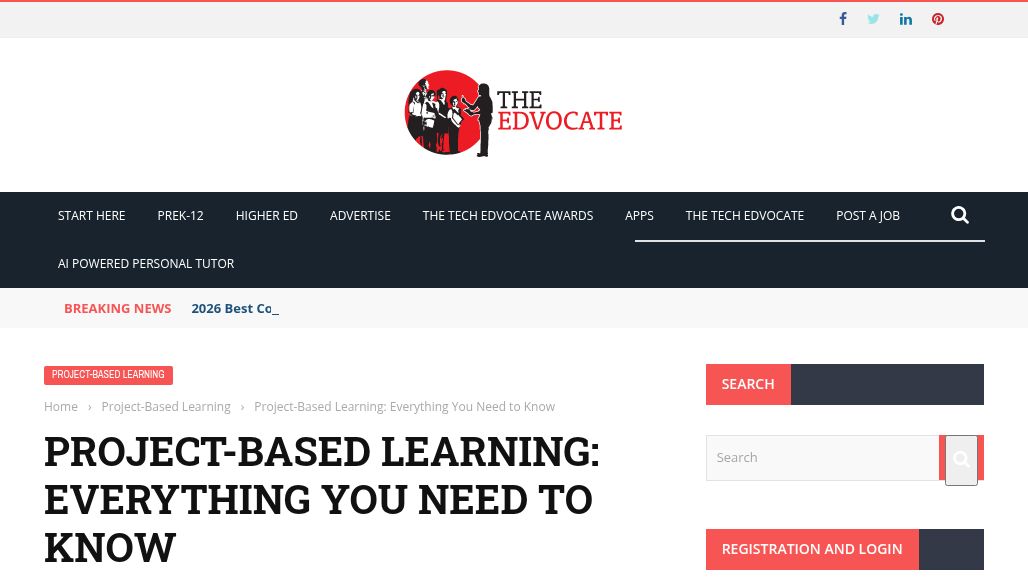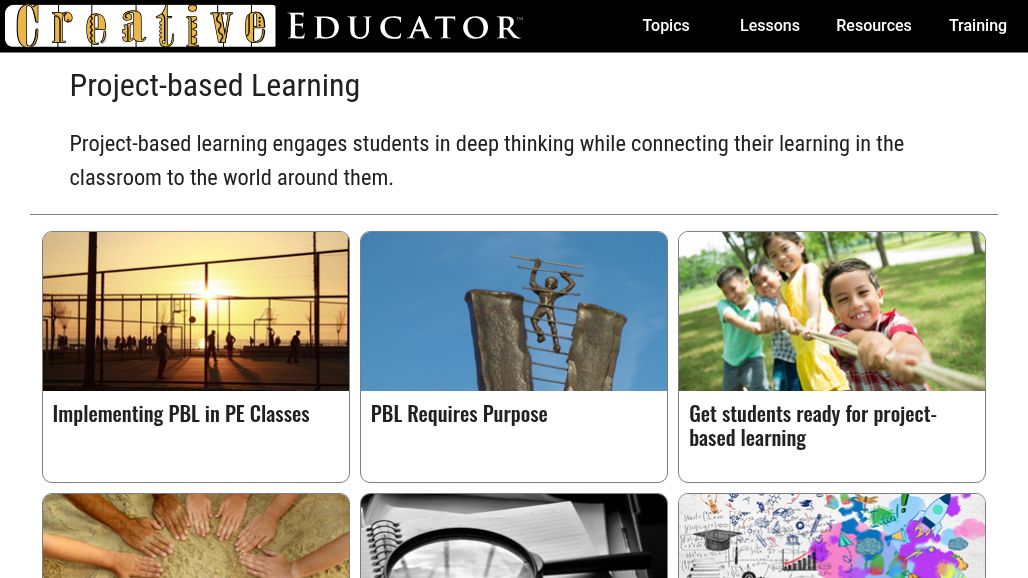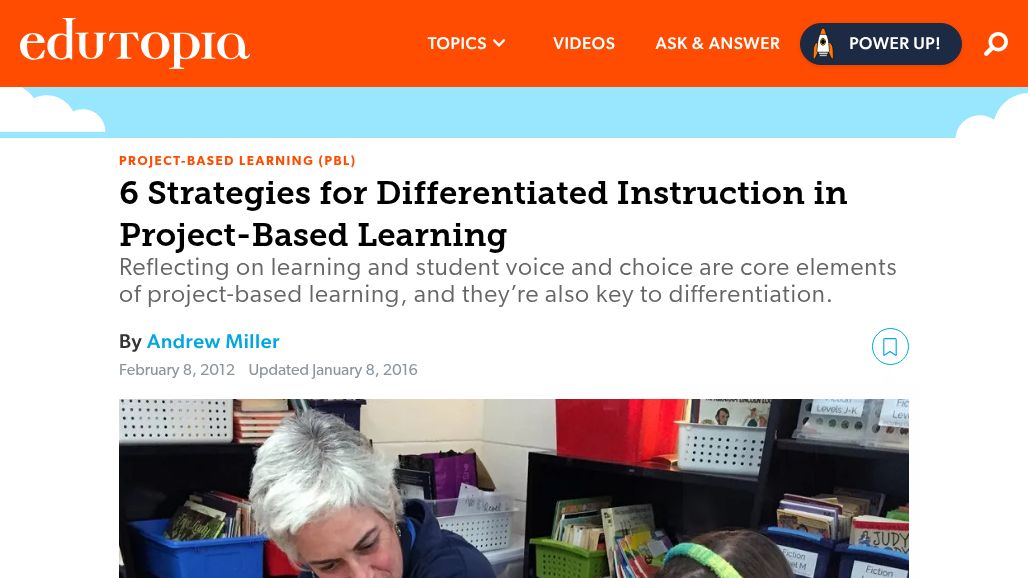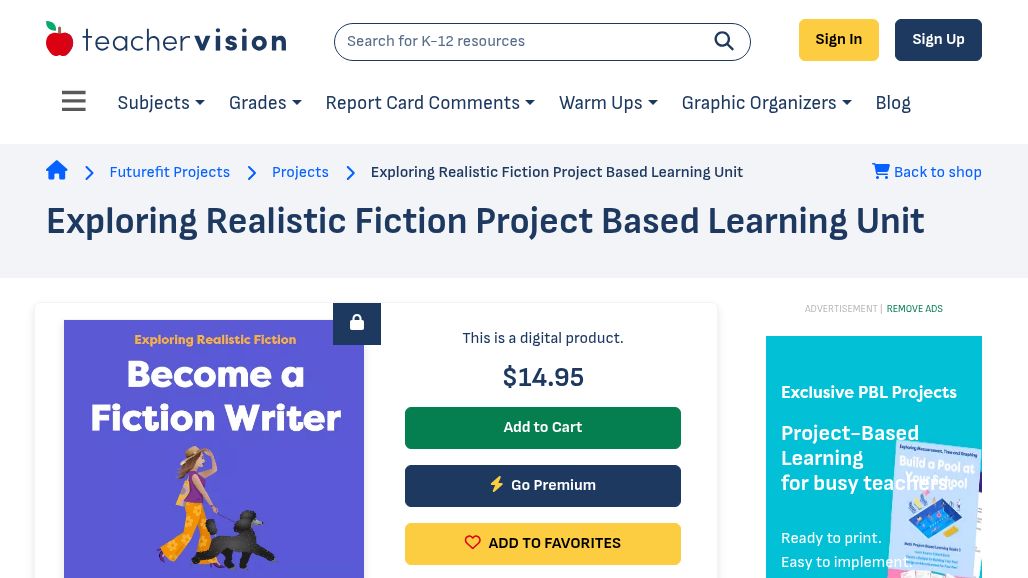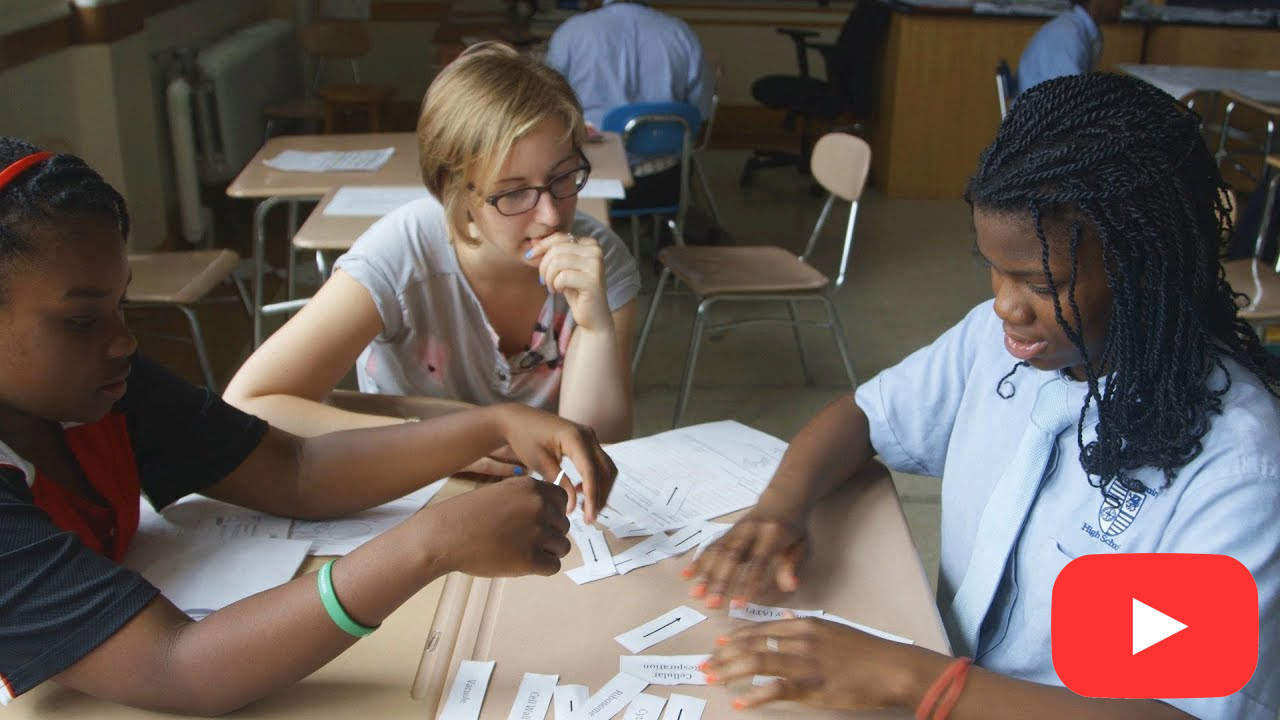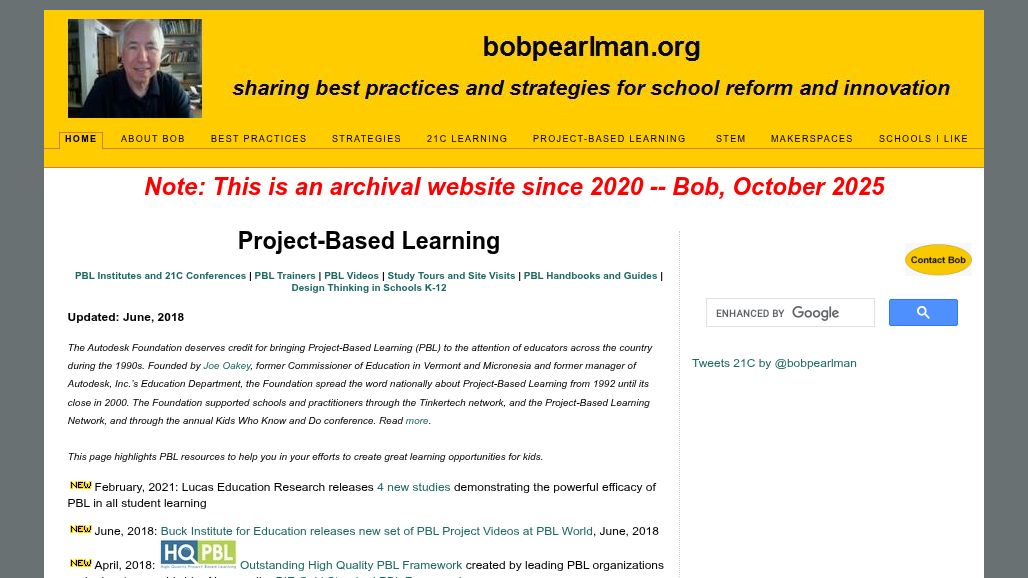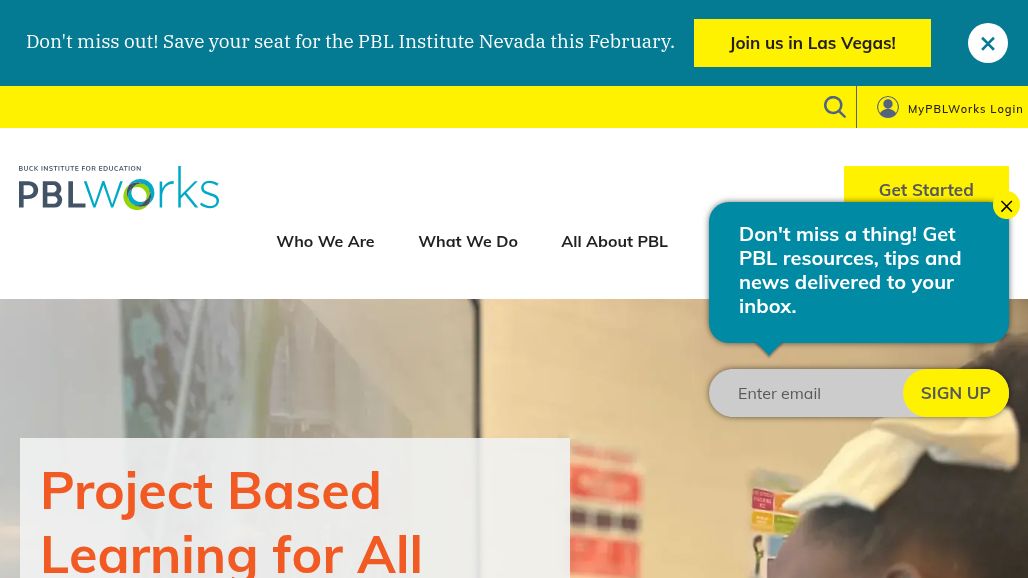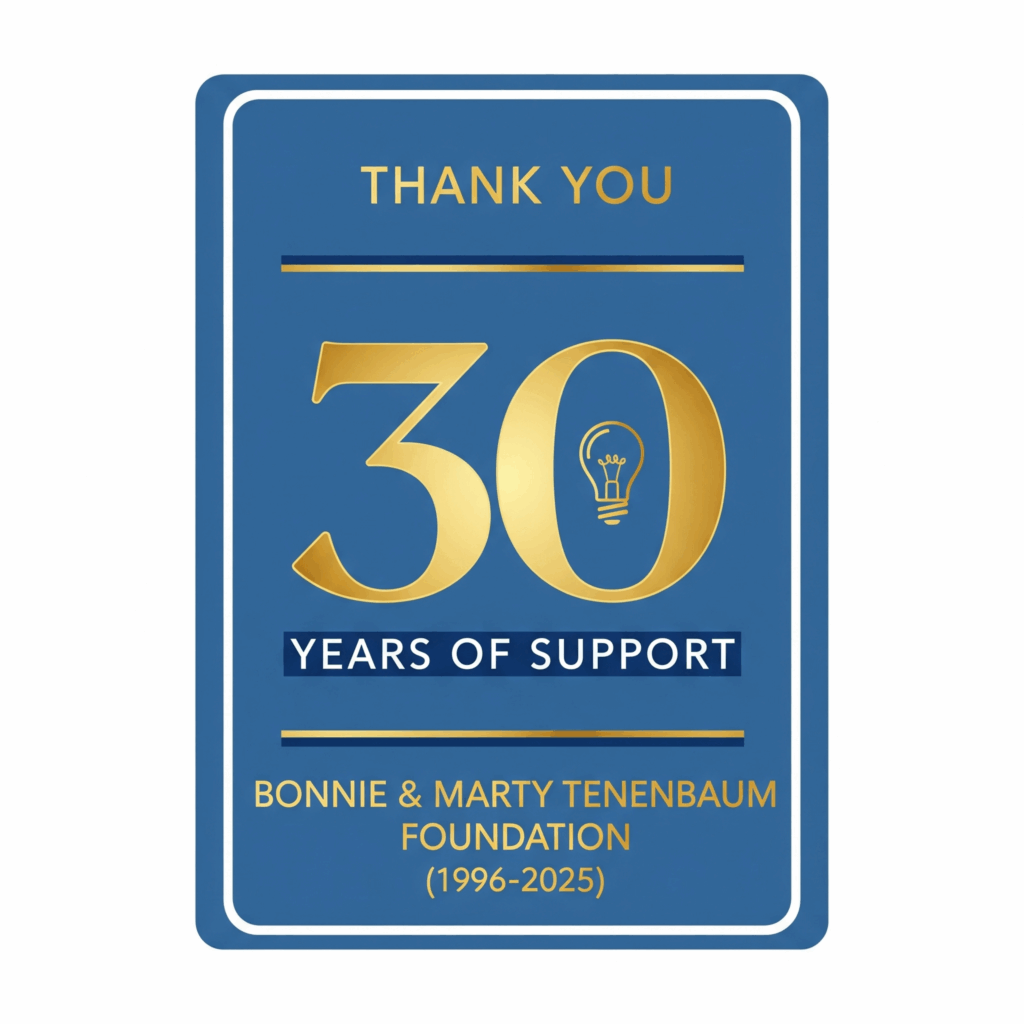PBL (Project-Based Learning or Problem-Based Learning) eliminates the question, “When would I use this in the real world?”.
That alone makes it worth investigating.
Like any other instructional method, PBL should be applied carefully. It requires extra planning, but can yield richer learning and more efficient use of precious instructional time.
Working and sharing with colleagues, either locally or at remote sites, can make a big difference.
Another alternative approach to science curricula, in particular, is event-based science for very young students. Weather, current discoveries, etc. are harnessed as triggers for in-depth study.

